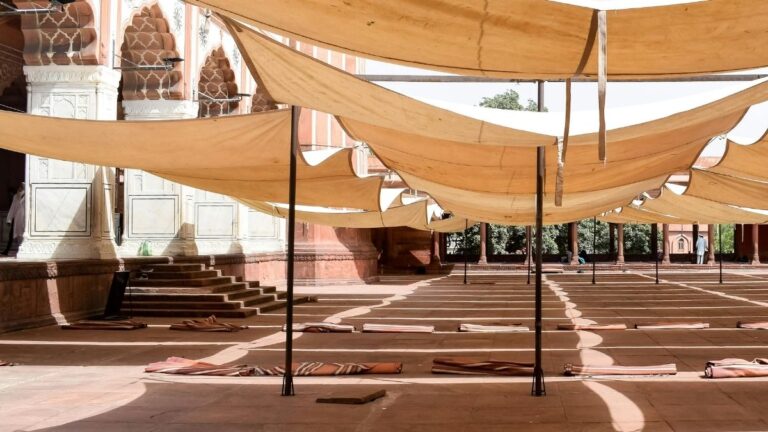Developing Bankable Projects for Cities
At Metropolitan Solutions 2015, we interviewed Klaus Gihr (Head of Division, Energy, Water and Agriculture Unit, KfW Development Bank). Below are his thoughts on finance for climate projects in cities.
Q: From your perspective, what do you see as the trends in the way that cities are trying to finance their infrastructure or to work on sustainability?

KG: Well, first of all I think cities need a huge amount of money in the years to come, and that’s certainly beyond the usual ways to raise taxes and user fees. So they need to tap additional sources, such as international finance.
But, more importantly, they need to address their own financial sustainability, their financial management, so that they can become a trustworthy and viable borrower. In order to raise these large sums, they have to do something about their credit-worthiness, and at the same time – in a way – look for cheap money.
There are lots of new initiatives coming up, so I believe grant money and very soft loans are out there. The question is: can they make good borrowers? Can they utilize the funds they raise in an efficient manner? That´s probably the biggest story.
Q: Do you see cities’ developing enough bankable projects, enough projects that will attract funding?
KG: That’s certainly an extremely difficult question. No – they don’t. They should do more, but that is far more easily said than done, because it needs specialists. And maybe a mega-city will have specialists in-house or in their departments, but a 100,000 or 500,000 or even a 1 million city may (or almost certainly will) lack these specialized engineers, advisors, economists, bankers, what have you, in order to do a good and a bankable project.
Of course there are facilities around to assist them in doing this, but they have to initiate it. I see a gap between the ideas, which are often there as: “We need to do this and that”. There are certainly some ideas, but between the idea and the convincing idea, and from the convincing idea to a bankable project, it takes several studies, probably €500,000, and two years of hard work by a lot of people.
From my point of view, this is the biggest challgenge – getting from good ideas to bankable projects – because I believe there is plenty of money out there.
I’ve been working almost exclusively on the power sector for the past ten years. In many countries the national utilities have developed that sort of capacity in order to do long-term planning and come up with fairly well-prepared projects. But even there it takes quite a lot of time to reach the bankability. And with regards to municipal projects, the lack of expertise is much more common, the projects are more dispersed; and, to make things even worse, many municipal projects are inherently unviable in terms of their finances.
So, if you talk about a metro system or even a bus system, at the end of the day you will face financial loss or you need to bridge the deficit, ultimately. But how to bridge that in a sustainable manner – that is a big issue.





